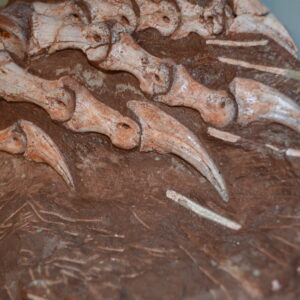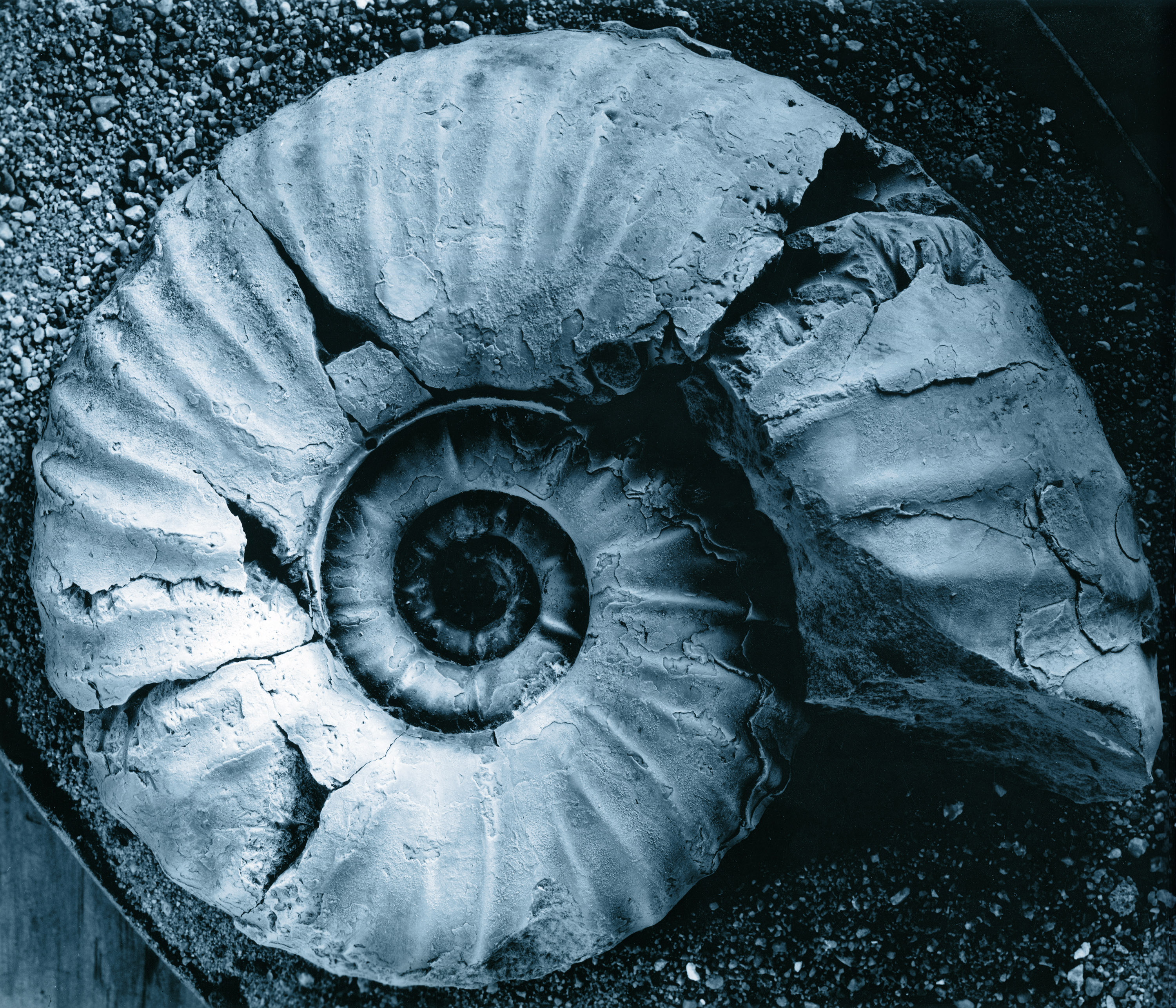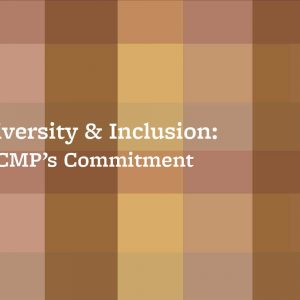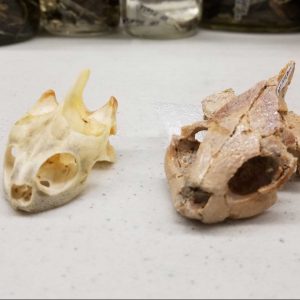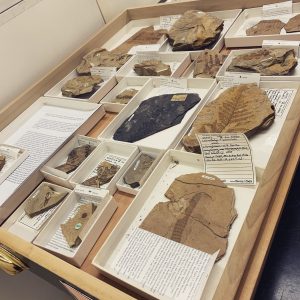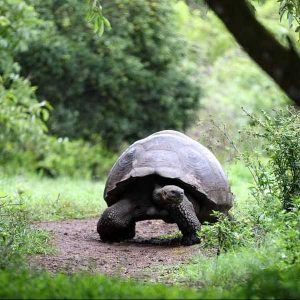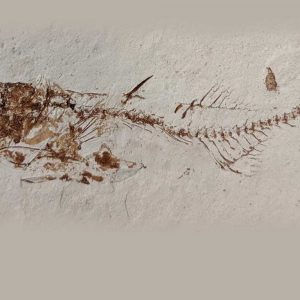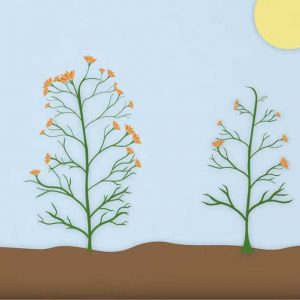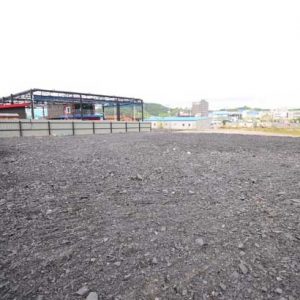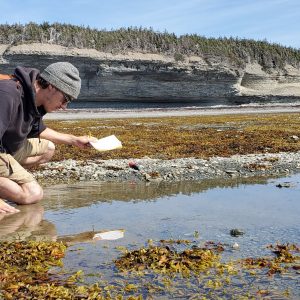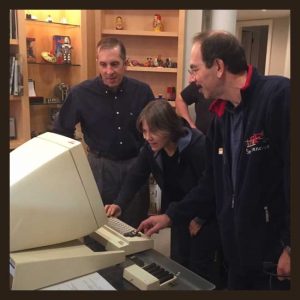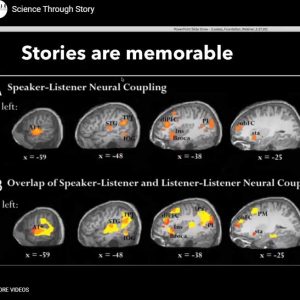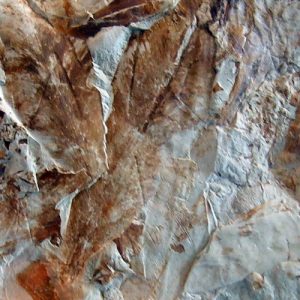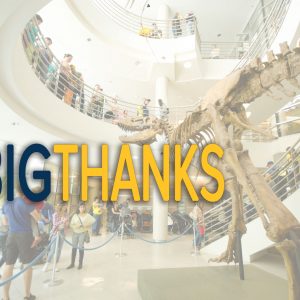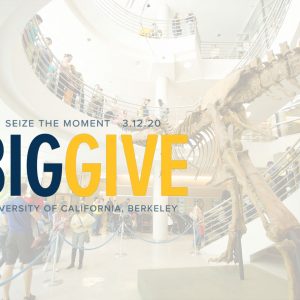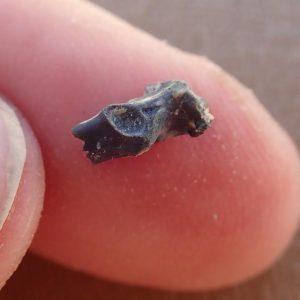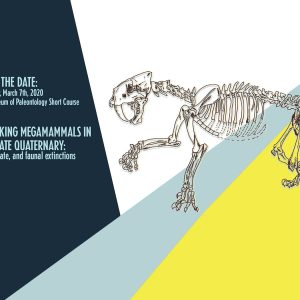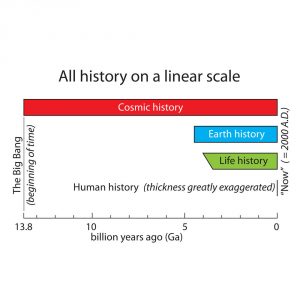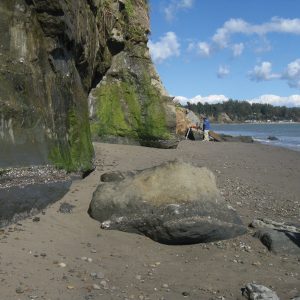Birds and bird eggs are familiar stuff: we see them daily in our backyards and even in our kitchens. But ask the classic questions: where did egg laying come from and how did it get that way? Answers are hard to come by. A gravid theropod dinosaur discovered with fossilized eggs still inside it helps explain how birds evolved their distinctive ways of reproducing. Described in a paper in the Journal of Vertebrate Paleontology by recent UCMP alumnus Ashley Poust and co-authors from China and … [Read more...] about Best laid plans: a new fossil of a dinosaur mother full of eggs and information
Latest News
Access to the UCMP Collections remains restricted
Due to the COVID-19 outbreak, the UC Berkeley campus is currently closed and access to the UCMP collections is not possible. Please be advised we are not processing outgoing loans at this time. If you have loans to return, please contact the appropriate collections person BEFORE SHIPPING. The university has informed us to anticipate working from home through Jun 30, 2021. Hence, we expect the collections will remain closed to outside researchers until at least that … [Read more...] about Access to the UCMP Collections remains restricted
Diversity and inclusion at UCMP
The UCMP is committed to justice, equity, diversity, and inclusion through our research and educational missions. In the wake of the chaotic events related to racism, police brutality, and conflict currently taking place in Minnesota, in the Bay Area, and beyond, we ask ourselves: how can a scientific community like the UCMP best address or respond to these social issues? Like many groups and individuals across the country, we are currently engaging this question and seek to expand our efforts … [Read more...] about Diversity and inclusion at UCMP
The tortoise and the hare: the varied pace of research
Confinement at home due to the Covid-19 pandemic has provided an opportunity to reflect on the pace of my research over the last year. Thinking back to Aesop’s fable of the Tortoise and the Hare, I see that my research has adopted traits from both animals: sometimes moving slow and steady, while other times travelling at break-neck speed. Despite this variability in research pace, the UCMP has been a constant presence during my research through its supportive staff and generous financial … [Read more...] about The tortoise and the hare: the varied pace of research
Back to the Devonian for the Pteridophyte Collection Consortium (PCC) project
During the summer of 2019 we (graduate students Mackenzie Kirchner-Smith and Ixchel Gonzalez-Ramirez) spent a month working in the Paleobotanical Collections of the National Museum of Natural History (NMNH) in DC as part of the NSF-sponsored Pteridophyte Collection Consortium project (PCC). This project, led by PIs Carl Rothfels, Diane Erwin and Cindy Looy, seeks to digitize more than 1.7 million modern and fossil pteridophyte specimens. During the month at the NMNH we digitized more than 700 … [Read more...] about Back to the Devonian for the Pteridophyte Collection Consortium (PCC) project
Will turtles survive climate change?
What future for turtles? Our best guide to the future is the study of a group's past. Senior Museum Scientist Patricia Holroyd, in collaboration with United Kingdom scientists led by Terri Cleary, present a comprehensive new study in the journal Palaeontology detailing the origin and spread of turtles for the first 250 million years of their evolution. Read more about the work at the Natural History Museum website. … [Read more...] about Will turtles survive climate change?
Fossil fishing for clues about a prehistoric invasion
The school year has ended, but with the ongoing pandemic pushing most usual summertime activities off the table, my thoughts have been turning to how I spent my last summer: organizing fishing trips to Nevada. These excursions weren’t exactly spent relaxing on a boat in Tahoe reeling in trout. Rather, my companions and I were kneeling in a defunct quarry under the desert sun, prying apart layers of blindingly white rock in search of the fossils of small fish that once lived in a long-disappeared … [Read more...] about Fossil fishing for clues about a prehistoric invasion
How did plants change our planet?
Botanist Dr. Nathalie Nagalingum (California Academy of Sciences) explains how, more than 400 million years ago, early plants played a notable role in adjusting Earth's physical surface as well as our planet's climate. She meets with paleobotanist Dr. Cindy Looy (UCMP & UC Berkeley) to discuss the evidence that scientists currently have to support her story. … [Read more...] about How did plants change our planet?
Access to the UCMP collections is restricted
Due to the COVID-19 outbreak, the UC Berkeley campus is currently closed and access to the UCMP collections is not possible. We expect access will remain limited through the fall 2020 semester but we will update as information becomes available. You can learn more about the campus closures and updates through the Berkeley COVID-19 website. … [Read more...] about Access to the UCMP collections is restricted
South Korea’s rich Cretaceous history: A window into the past
Unique and rare deposits in South Korea provide a glimpse of Cretaceous flowering plant ecosystems It has been over a month since the closure of the UC Berkeley campus and the UCMP due to the ongoing pandemic. During the shelter-in-place, I have been fortunate enough to be able to continue research from home. Many images of fossils that I am working on at the moment are from a summer 2019 research trip to South Korea. Thanks to the research award I received from UCMP, I was able to do fieldwork … [Read more...] about South Korea’s rich Cretaceous history: A window into the past
Reading Between the Rocks: The Return to Anticosti
Having the opportunity to return to a field site is, in many ways, like rewatching a favorite movie series. On your first pass through, everything is unexpected and unfamiliar. For some movies, the amount of information and detail can be overwhelming. On your second pass through, even though you now know the characters, the setting, and the plot, you begin to notice important details that you missed the first time. Each time you rewatch the series, you discover new things and form new ideas, and … [Read more...] about Reading Between the Rocks: The Return to Anticosti
Paleontologic Data Fossilized on IBM 8” Floppies
The Pennsylvanian (323-299 million years ago) is one of the most interesting time periods in Earth’s history. Giant dragonfly relatives like Meganeura (>2 ft wingspan!), 8-ft-long millipedes named Arthropleura, and early mammal-like reptiles lived in a world that likely had atmospheric oxygen levels well above today’s. These animals roamed a landscape dominated by extensive peat swamps, covering large parts of what was then Euramerica. These swamp forests would look entirely … [Read more...] about Paleontologic Data Fossilized on IBM 8” Floppies
Science through Story, now on YouTube
Inspired by UCMP's dedication to science outreach, PhD candidate Sara ElShafie has been exploring new approaches to science communication while conducting her dissertation research in global change biology. Keen to learn how to engage broad audiences through stories, ElShafie started reaching out to filmmakers at Pixar and other studios to learn and adapt cinematic storytelling strategies for science communication. She created a workshop series, "Science Through Story," offering story … [Read more...] about Science through Story, now on YouTube
In Earth’s largest extinction, land die-offs began long before ocean turnover
Cross-posted from Berkeley News The mass extinction at the end of the Permian Period 252 million years ago — one of the great turnovers of life on Earth — appears to have played out differently and at different times on land and in the sea, according to newly redated fossils beds from South Africa and Australia. New ages for fossilized vertebrates that lived just after the demise of the fauna that dominated the late Permian show that the ecosystem changes began hundreds of thousands of … [Read more...] about In Earth’s largest extinction, land die-offs began long before ocean turnover
Big Thanks for supporting UCMP!
A big thank you for supporting UCMP during Big Give! … [Read more...] about Big Thanks for supporting UCMP!
UCMP Big Give 2020
A letter from Charles Marshall, Director Dear Friends and Alumni of UCMP, The annual Big Give, which will take place on Thursday, March 12, is a campus-wide opportunity to celebrate and support what makes Berkeley unique and the premier public university in the world. Your gifts to the UCMP help contribute to excellence in all facets of the museum: research, collections, education and outreach. With the 2020 Big Give we ask for your support for: Graduate and undergraduate … [Read more...] about UCMP Big Give 2020
New tiny 44 million year old bird fossil links Africa and Asia to Utah
NEWS RELEASE A new species of quail-sized fossil bird from 44 million year old sediments in Utah fills in a gap in the fossil record of the early extinct relatives of chickens and turkeys, and it shows strong links with other extinct species from Namibia in Southern Africa and Uzbekistan in Central Asia. In their paper in the online scientific journal Diversity, the authors Dr. Thomas Stidham (Institute of Vertebrate Paleontology and Paleoanthropology, Chinese Academy of … [Read more...] about New tiny 44 million year old bird fossil links Africa and Asia to Utah
UCMP Short Course 2020: Save the Date
Save the date for the UCMP 2020 Short Course, Tracking megamammals in the late Quaternary. Learn more on the short course page. … [Read more...] about UCMP Short Course 2020: Save the Date
The ChronoZoom Time Atlas of Earth History and Big History
Big History is the name of the fairly new effort to treat, as a single field of study, all of the past that has led to us human beings. It brings together the regimes of Cosmic, Earth, Life, and Human history, and involves both humanists and scientists. Big History is rich in insights about the human situation and how it has come to be, but it involves time scales that are enormous, compared to those we are used to, and therefore difficult to comprehend and to visualize. ChronoZoom is a way … [Read more...] about The ChronoZoom Time Atlas of Earth History and Big History
Explore UCMP teaching and learning resources
The Education and Outreach team has been busy creating interactive resources for educators and teachers. We invite you to explore some of our most recent projects: EPICC Virtual Fieldwork Experiences EPICC virtual fieldwork experiences (VFEs) provide opportunities to virtually visit classic paleontological field sites along the Pacific coast and to explore images and data from specimens that have been collected there. VFEs can combine high resolution and 3-D pictures for exploring an … [Read more...] about Explore UCMP teaching and learning resources
